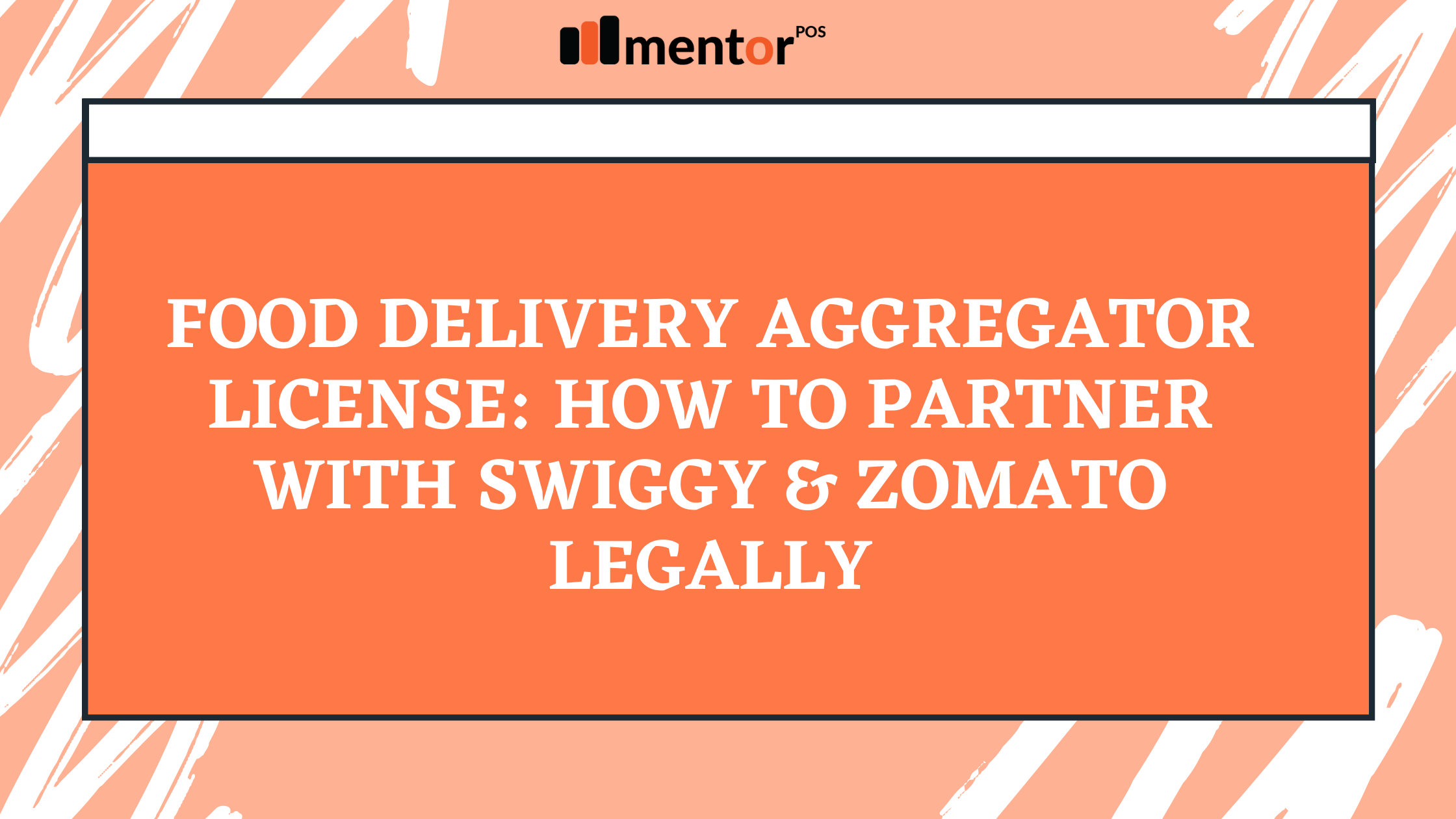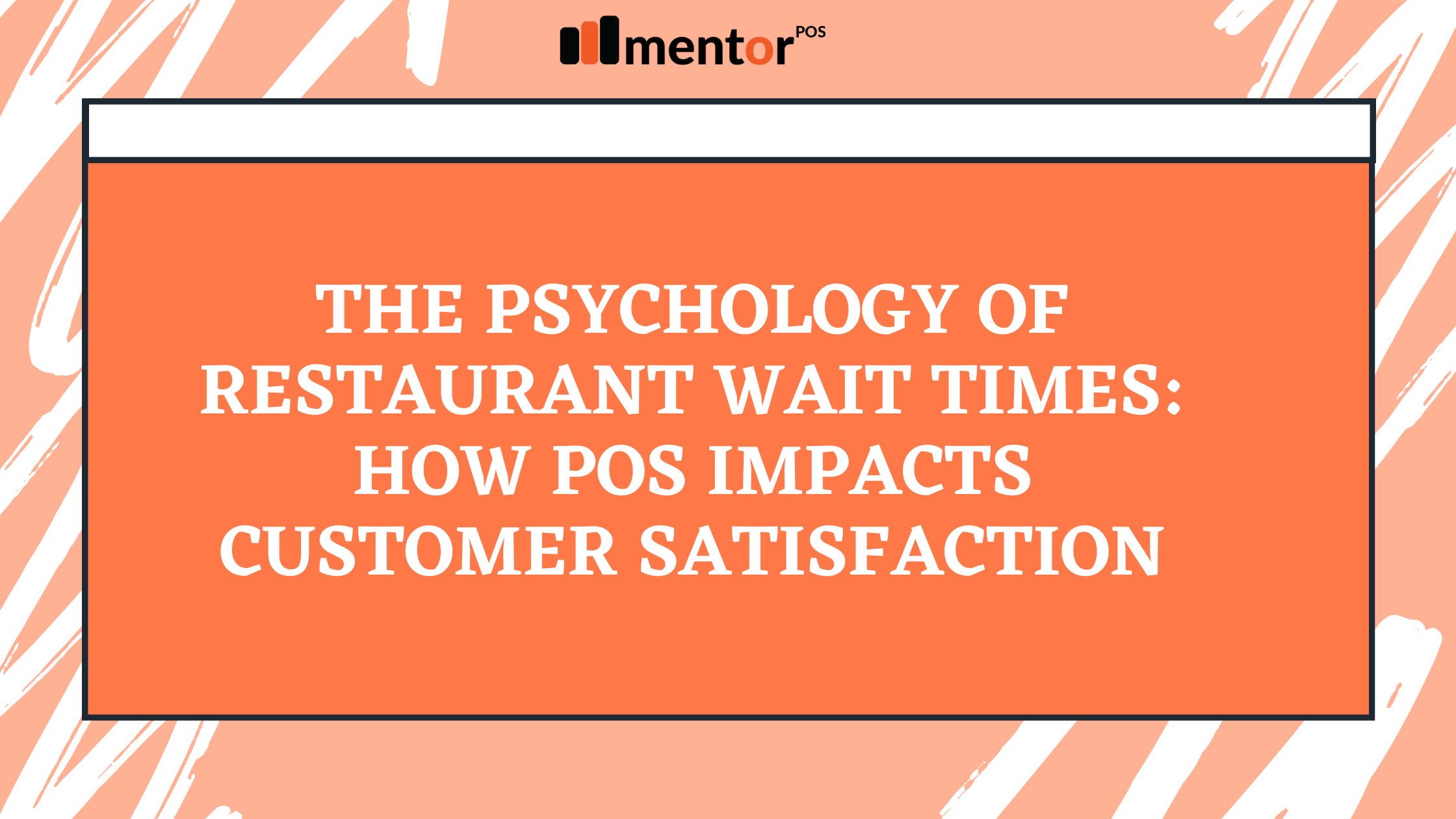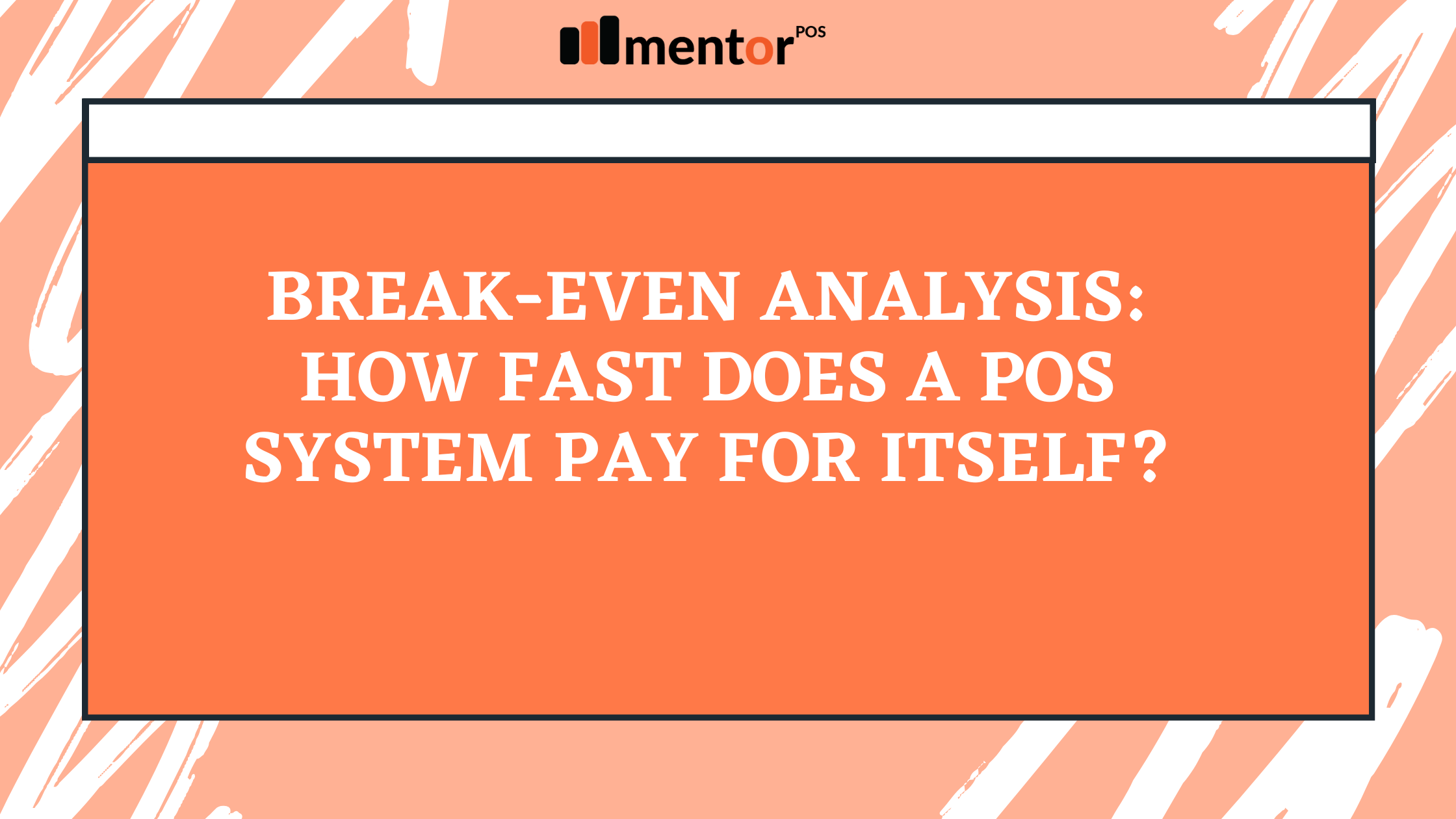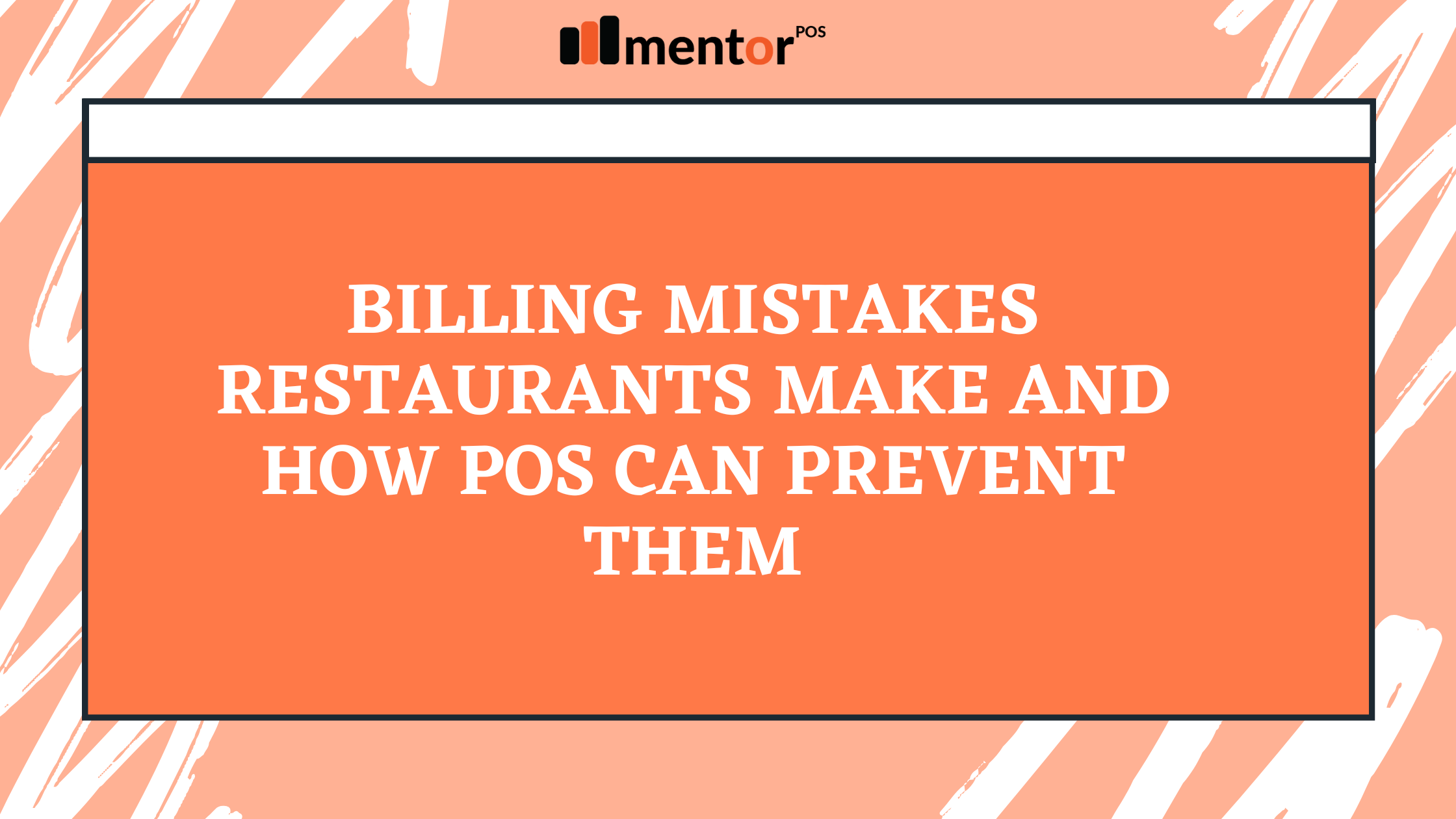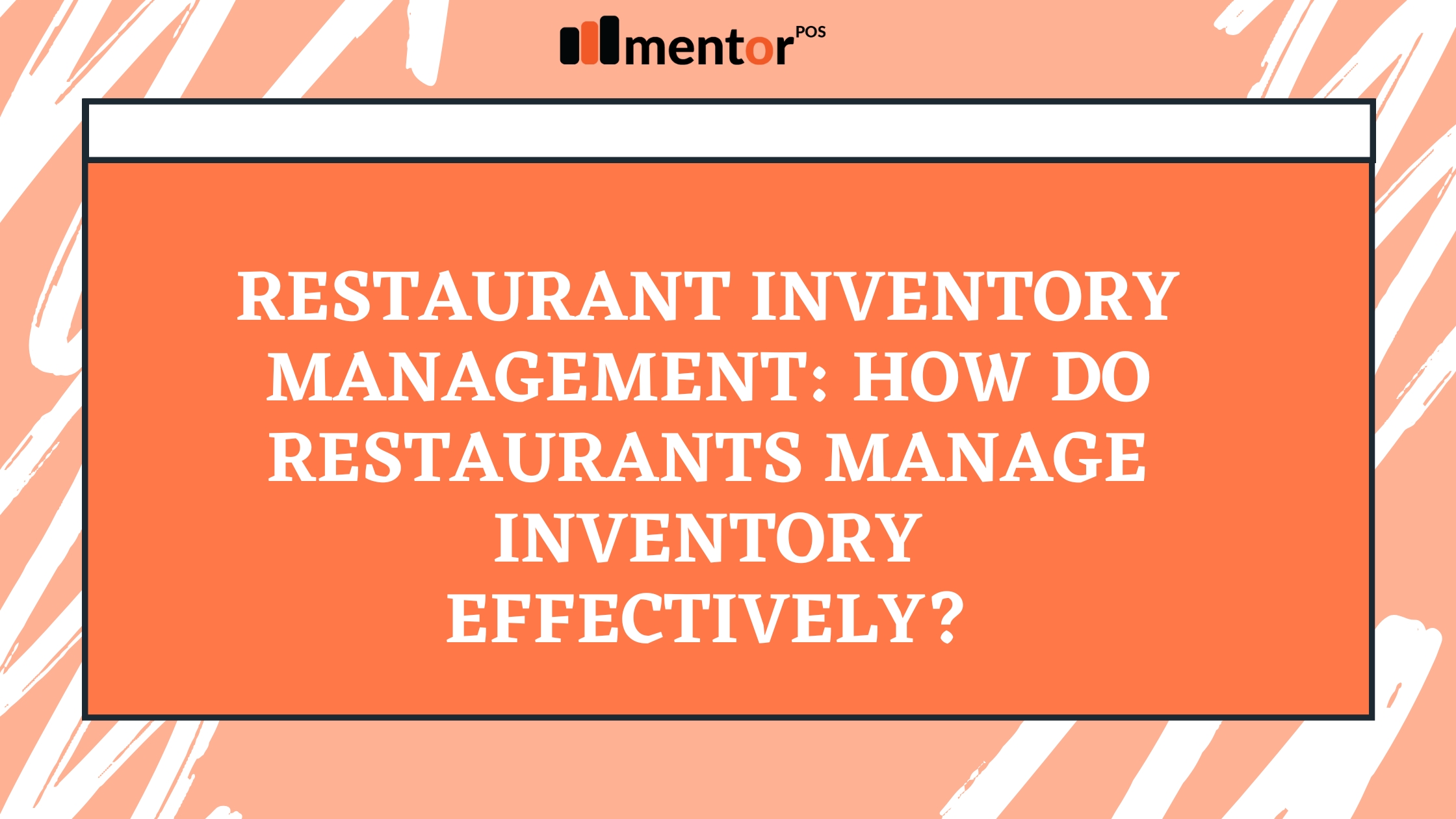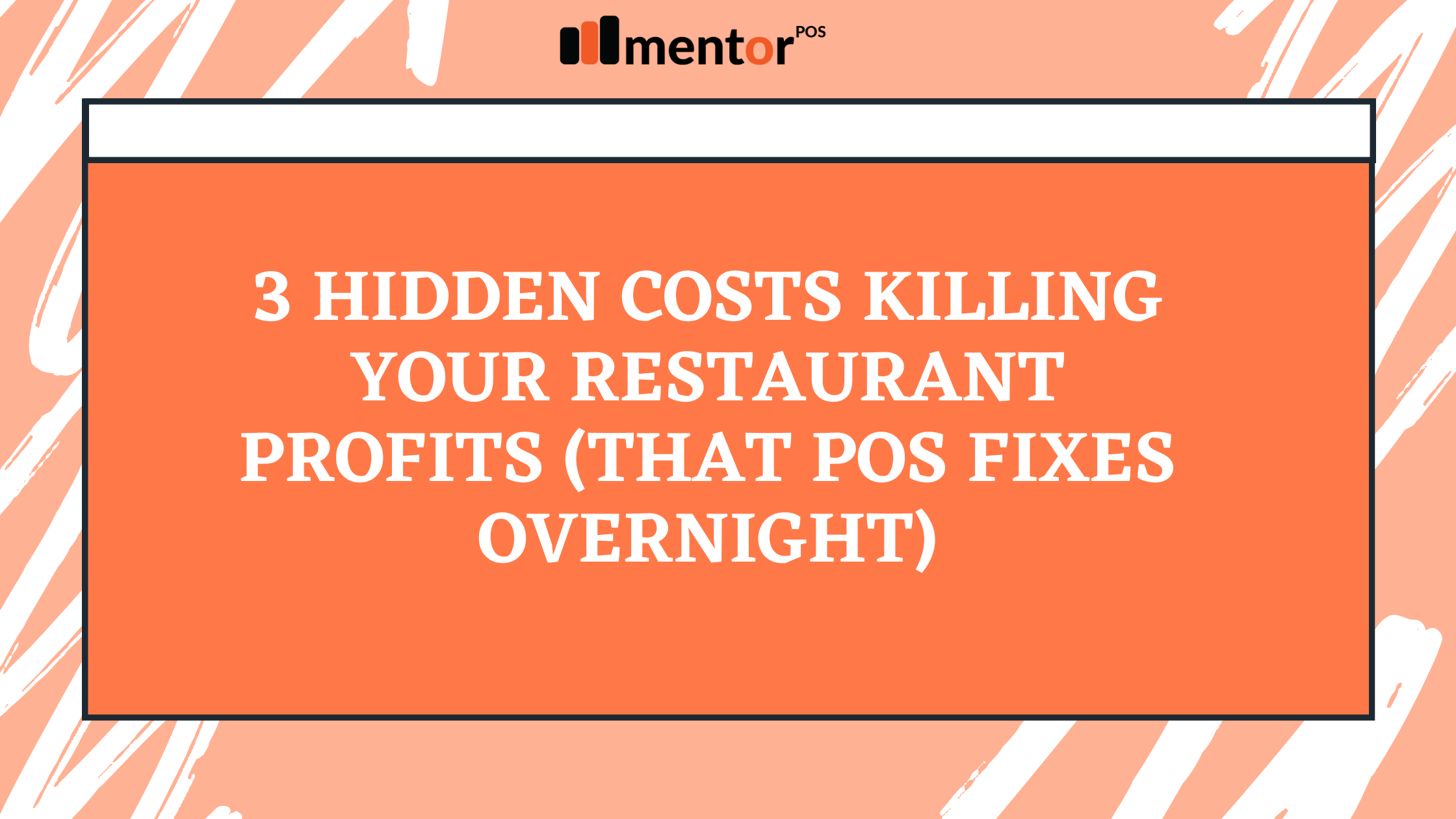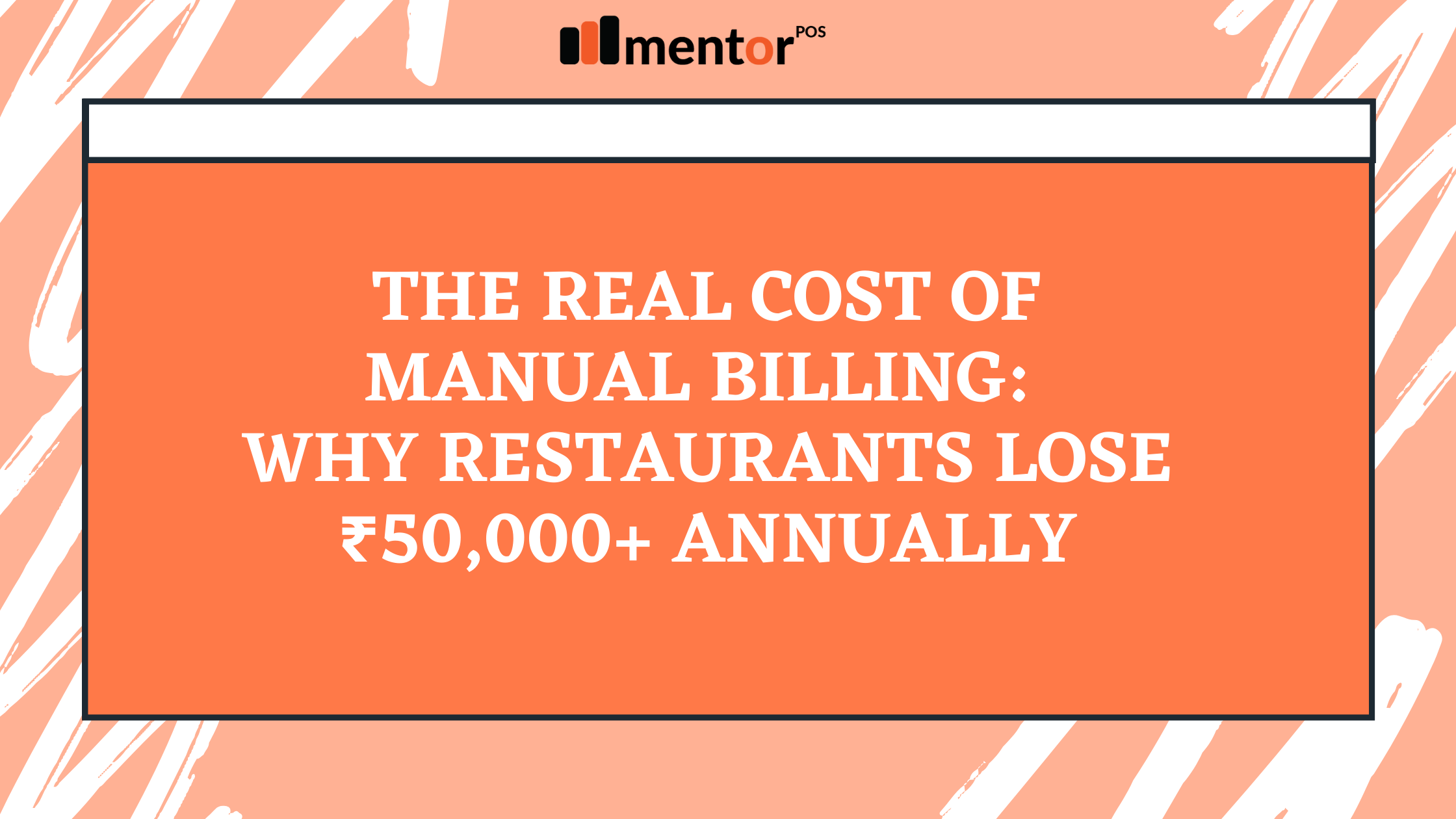Getting your restaurant, cloud kitchen, or home-based food business listed on popular food-delivery platforms like Swiggy and Zomato can open the door to thousands of potential customers. But before the orders start pouring in, you need to ensure your business is legally compliant and ready to meet the requirements of these aggregators. Here’s a detailed guide to understanding the licenses you need and the steps to partner with Swiggy and Zomato the right way.
Why Legal Compliance Matters
Swiggy and Zomato work with thousands of food businesses every day, and maintaining customer safety and regulatory standards is their top priority. That means they expect every partner to operate within the law. Having the correct licenses protects your business from penalties, prevents sudden account suspensions, and builds trust with customers. It also streamlines the onboarding process, allowing you to start taking orders without unnecessary delays.
Essential Licenses and Documents
While requirements may vary depending on your city and the size of your business, these are the non-negotiable documents almost every food business needs to partner with a major delivery aggregator:
- FSSAI Registration or License
Every food business in India must have a valid Food Safety and Standards Authority of India (FSSAI) registration or license. Smaller operations like home kitchens may qualify for Basic Registration, while restaurants and larger cloud kitchens typically need a State or Central license, depending on their turnover and scale. - PAN Card
A valid Permanent Account Number (PAN) card, either for the business entity or the proprietor, is required for tax and verification purposes. - GST Registration
If your turnover crosses the threshold or if you want smoother payment settlements, obtaining a Goods and Services Tax (GST) registration is important. Many aggregators prefer or mandate a GST number for generating invoices. - Shop and Establishment License or Trade License
Local municipal authorities often require a shop or establishment license. This serves as proof that your premises are approved for commercial food operations. - Bank Account Details and Cancelled Cheque
These are needed for payouts and financial settlements from the aggregator platform. - Menu and High-Quality Images
Clear menus with accurate pricing and appealing images help you create an attractive listing that draws customers.
Step-by-Step Onboarding Process
- Set Up Your Business Structure
Decide whether you will operate as a sole proprietorship, partnership, LLP, or private limited company. Ensure the name and address on your PAN, bank account, and licenses are consistent. - Obtain FSSAI License
Apply for the appropriate FSSAI registration through the official FoSCoS portal. Keep your ID proofs, proof of premises, and details of your food products ready. - Get GST Registration (If Required)
Even if your turnover is below the threshold, registering for GST can simplify financial transactions and make you more attractive to aggregators. - Secure Local Permits
Check your city’s municipal requirements for a shop or trade license and any health department certificates. - Register on Partner Portals
Swiggy and Zomato each have dedicated partner portals where you can create an account, upload your documents, and submit your menu and images. - Verification and Activation
After submission, the platform may verify your documents, call you for clarifications, or even conduct a physical inspection of your premises before approving your listing.
Also Read: Trade Mark Registration for Restaurants: Protecting Your Brand Identity
Common Mistakes to Avoid
- Mismatch in Details
Ensure the name and address on your FSSAI certificate, PAN card, and bank account match perfectly. Any discrepancy can delay verification. - Incorrect FSSAI Type
Choosing a Basic Registration when your turnover requires a State or Central license can lead to rejection. - Expired Licenses
Keep track of renewal dates for your FSSAI, trade license, and other permits. Platforms can suspend your listing if licenses lapse. - Ignoring Local Regulations
Fire safety, hygiene certificates, and other municipal requirements may differ from one city to another. Research your local rules thoroughly.
Costs and Timeline
The costs depend on the type of licenses and permits you need. FSSAI registration fees vary depending on whether you choose Basic, State, or Central. GST registration has minimal government fees, and municipal trade licenses have their own charges. Basic FSSAI registration can be obtained in a few days, while State or Central licenses may take a few weeks. Factor in additional time for municipal clearances and platform verification.
To give you a ballpark sense:
- If you are a small restaurant in Delhi / NCR doing < 50 orders/week:
- Need FSSAI: ₹2,000-₹5,000 (depending on zone / audit etc.)
- GST registration: small fee (varies) if not already registered.
- Commission: If on Zomato, maybe ~2.99% + ₹99 platform fee (for low volume). If on Swiggy, maybe ~15-25% commission.
- Possible onboarding fee (Swiggy ~₹999 or so) or some security deposit (₹1,000-₹2,000) deducted gradually.
Tips for a Smooth Partnership
- Organize Digital Copies
Keep scanned copies of all documents in the exact format requested by the platforms. - Maintain an Updated Menu
Regularly review your menu and images to reflect accurate prices and attractive visuals. - Monitor Communication
Swiggy and Zomato will communicate through email, SMS, or their partner apps. Respond promptly to any queries or verification requests. - Consider Professional Help
If you’re new to licensing and compliance, working with a consultant can save time and reduce errors.
Final Thoughts
Partnering with Swiggy and Zomato can transform your food business by giving you access to a vast customer base and boosting your revenue. However, success starts with proper documentation. By securing the right licenses, maintaining consistent records, and following the onboarding steps carefully, you’ll set your business up for a smooth launch and long-term growth on India’s leading food delivery platforms.
Get all your aggregators like Zomato, Swiggy, Magicpin, and Rapido in one place – accept orders and manage your menu seamlessly from a single app with Mentor POS.

